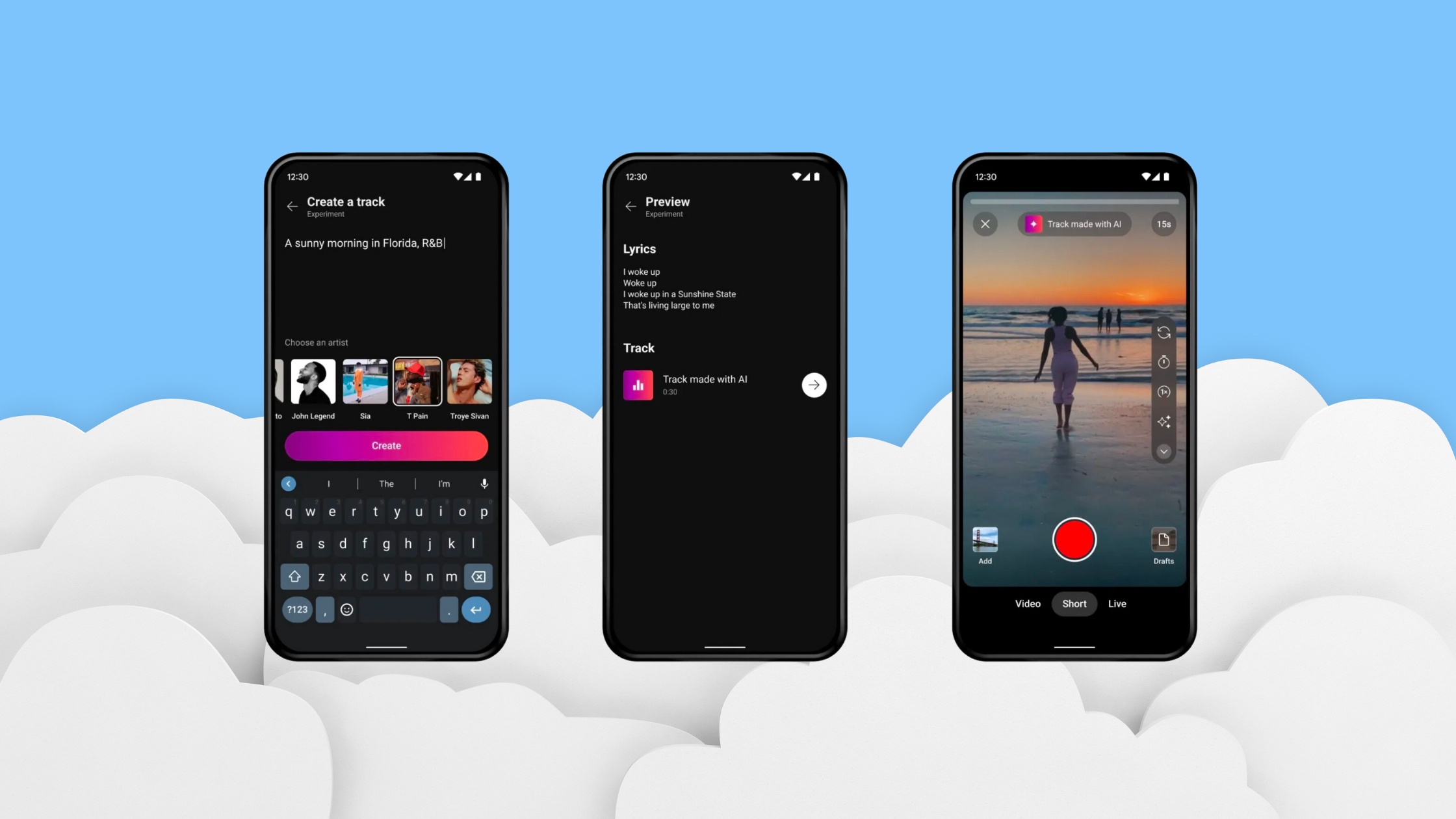YouTube began piloting a new voice cloning tool developed in partnership with Universal Music and Warner Music. Creators on YouTube will be able to use the tool, called Dream Track, to generate short music clips for their videos which include AI-generated vocals that imitate artists like Charlie Puth, John Legend, Sia, Troye Sivan and Charli XCX. Under the initial pilot, only 100 US-based creators will be able to utilise the new tool. Before Dream Track was unveiled, YouTube also announced that it will start allowing its record label and music distributor partners to request the removal of tracks uploaded to the platform that contain AI-generated vocal clones which were made without an artist's approval.


The VP Of Audio at Stability AI announced that he had resigned in protest at the company's position regarding its copyright obligations. Like many AI companies, Stability insists that the training of generative AI models with existing content constitutes fair use under US law, which means it does not need to get permission from whoever owns the copyright in that content. Ed Newton Rex - who oversaw the launch of Stability's first commercial music product Stable Audio, which was trained using licensed music - said that he disagreed with the company's position on fair use but had failed to "change the prevailing opinion" within the business. He added that he believes others in the tech sector share his view regarding the copyright obligations of AI companies and he encouraged them to likewise speak out.

Spotify's plan to fine distributors that deliver tracks which are subject to heavy stream manipulation was criticised. Alongside the changes it is making to the way it shares its revenues with the music industry, the streaming service is also proposing new measures for dealing with streaming fraud. With any tracks where 90% of plays are shown to be the result of stream manipulation, whichever distributor provided that recording will be fined €10. The fines were discussed at a meeting of the Music Fights Fraud Alliance, a group of distributors and streaming services that are now coordinating their anti-fraud efforts. During that discussion, Distrokid CEO Philip Kaplan reportedly said that it is Spotify which is best positioned to identify stream manipulation as it is happening, and there is no way for a distributor to anticipate such manipulation as a track is uploaded to its system.

UK live music trade group LIVE published a manifesto ahead of the UK government's upcoming budget statement. It set out the organisation's priorities for how government can best support the sector, including an extension of business rates relief for grassroots venues; removal of the barriers caused by Brexit for artists touring the EU; bringing UK ticketing regulations into line with other progressive music markets; and rethinking the proposed new laws around venue security and safety that were developed in response to the 2017 Manchester Arena bombing. The group's CEO Jon Collins said: “The LIVE Music Manifesto launched today presents a huge opportunity for our political leaders to supercharge a cultural and economic powerhouse”.

Prosecutors in South Korea indicted the Chief Investment Officer of Kakao Corp in relation to its bid to gain control of SM Entertainment. Tech firm Kakao successfully acquired a controlling stake in K-pop powerhouse SM earlier this year after defeating a rival bid by that other big player in K-pop, HYBE. It is alleged that - during the bidding war - Kakao's Bae Jae-hyun illegally purchased over $180 million worth of SM stock with the aim of inflating the company's share price in order to hinder HYBE's plans. The Seoul Southern Prosecutors Office confirmed that "Bae Jae-hyun will stand trial on charges of inflating the price of SM Entertainment shares in violation of the Capital Market Act, with the intent to undermine a tender offer from rival bidder HYBE during the heated takeover battle in February".



